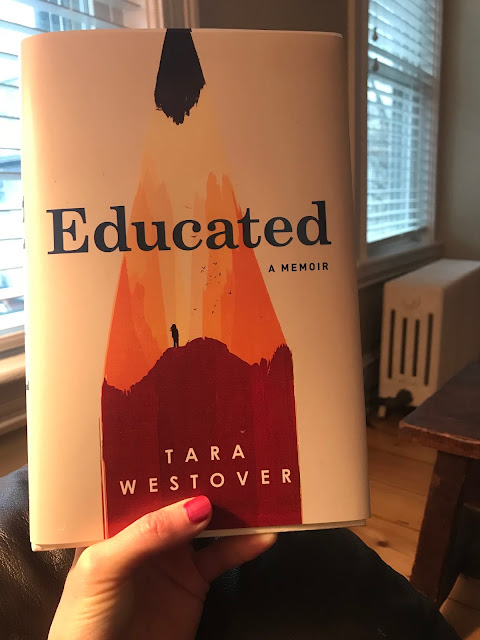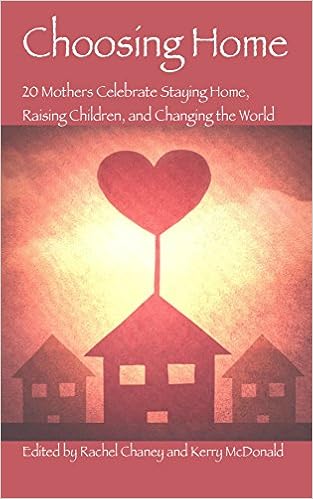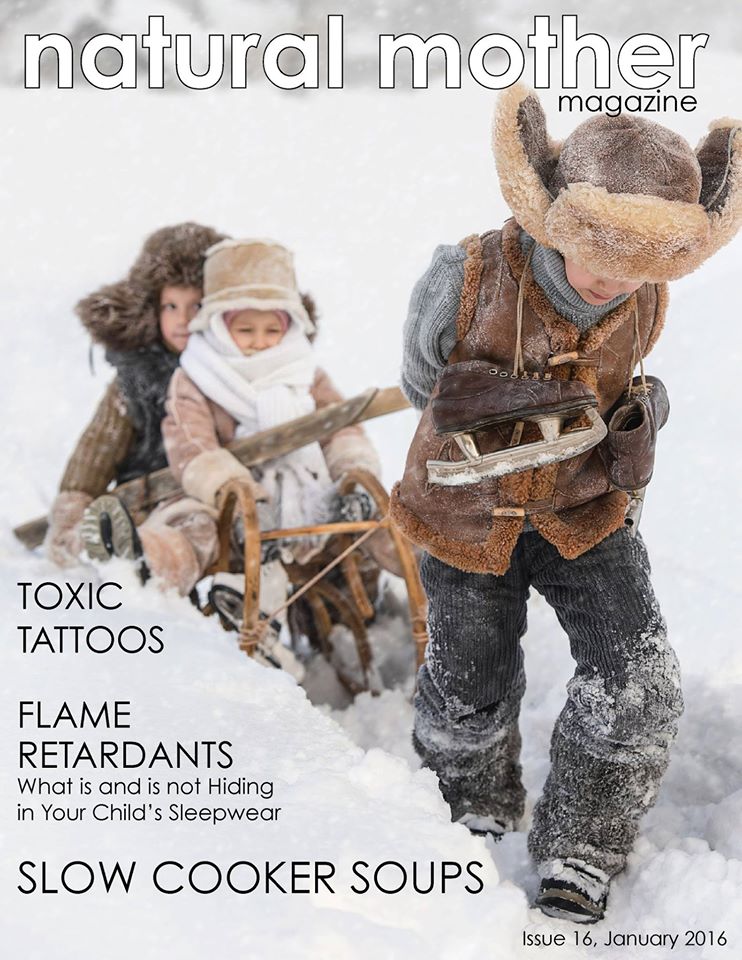To be honest, I didn’t want to read it. I dragged my heels
on buying the book, thinking it would be an irritating diatribe on
homeschooling or a shallow attack on the deep complexity of parenthood. I
thought it would be one long whine from a now 30-something acclaimed writer
with a Ph.D. in history complaining about how her parents had ruined her life. I thought I would hate it. But as Tara Westover’s book, Educated: A Memoir, hit The New York Times bestseller
list for one week, then another, and another, I relented. I’ll hold my nose and
swallow, I told myself. It will be good for me.
From the first page, I was captivated and, cliché as it is, I
truly couldn’t put it down. I read the book swiftly, entranced by
Westover’s vivid depiction of growing up in rural Idaho in a religious
fundamentalist, survivalist family. School was where the devil hides, often
clothed as socialists, or so her father said.
In piercing prose, Westover offers an eloquent illustration
of conviction blurring into paranoia, ideology into lunacy. She describes how fragile those lines can be.
Without blame, Westover’s memoir serves as a sharp reminder for homeschooling and unschooling parents that with freedom
comes responsibility. The freedom to educate our own children, or to facilitate
their own self-education, is tempered by the constant, demanding obligation to
provide them with resources, support, and opportunities to widen their world.
Benign neglect or willful indifference toward a child’s education are incompatible
with responsible homeschooling and unschooling.
Still, despite the unimaginable obstacles Westover
encounters during her childhood, her book showcases the extraordinary human
drive to self-educate. Her life story reveals the almost primal instinct to seek
out and synthesize knowledge, even when those most dear to you may actively
dissuade you from doing so. It shows how capable we are of self-directed learning
and mastery, even when barriers seem insurmountable. Westover writes:
“Learning in our family was entirely self-directed: you could learn anything you could teach yourself, after your work was done. Some of us were more disciplined than others. I was one of the least disciplined, so by the time I was ten, the only subject I had studied systematically was Morse code, because Dad insisted that I learn it. ‘If the lines are cut, we’ll be the only people in the valley who can communicate,’ he said, though I was never quite sure, if we were the only people learning it, who we’d be communicating with” (p. 46-7).
While Westover was able to overcome childhood neglect and violence, and
succeed as a self-directed learner, her book is a candid reminder that Self-Directed Education is an
education philosophy and lifestyle that families choose. It is not a default or a lapse or an inevitable outcome of
alternative education. It is not laziness or apathy. It is capital letters, not
lowercase ones. Choosing Self-Directed Education for your children requires
significant thought, effort, and vigilance on the part of parents. Whether it
occurs mostly at home or at an unschooling learning center or self-directed school, Self-Directed Education is a commitment to providing the time, space,
support, and opportunity for interest-based learning to thrive. It is freedom and responsibility.
Educated is a
powerful memoir, a testament to the human capacity to self-educate, and a reminder
to parents about their educational duty, however and wherever their children learn. It is definitely worth adding to your spring reading list.
























Nice. Thx.
ReplyDeleteWith freedom comes responsibilities. Nelson Mandela.
Another quote from yet another awesome autobiography.
Thanks for the encouragement, I'm looking forward to reading it. I heard the author interviewed on NPR. She's careful to avoid promoting or bashing any form of education, and did point out that she's not the only one of her siblings to end up with a PhD.
ReplyDelete